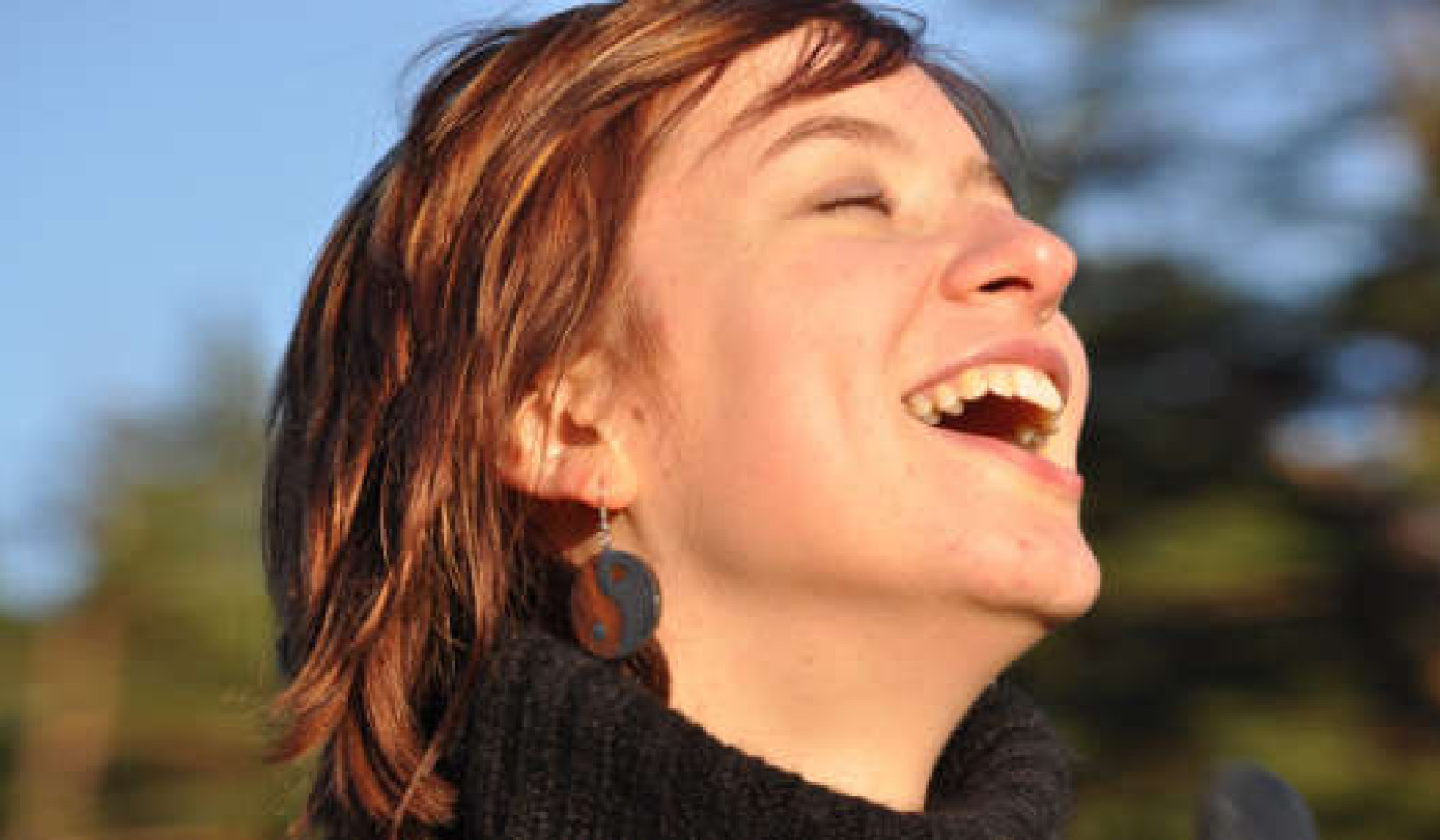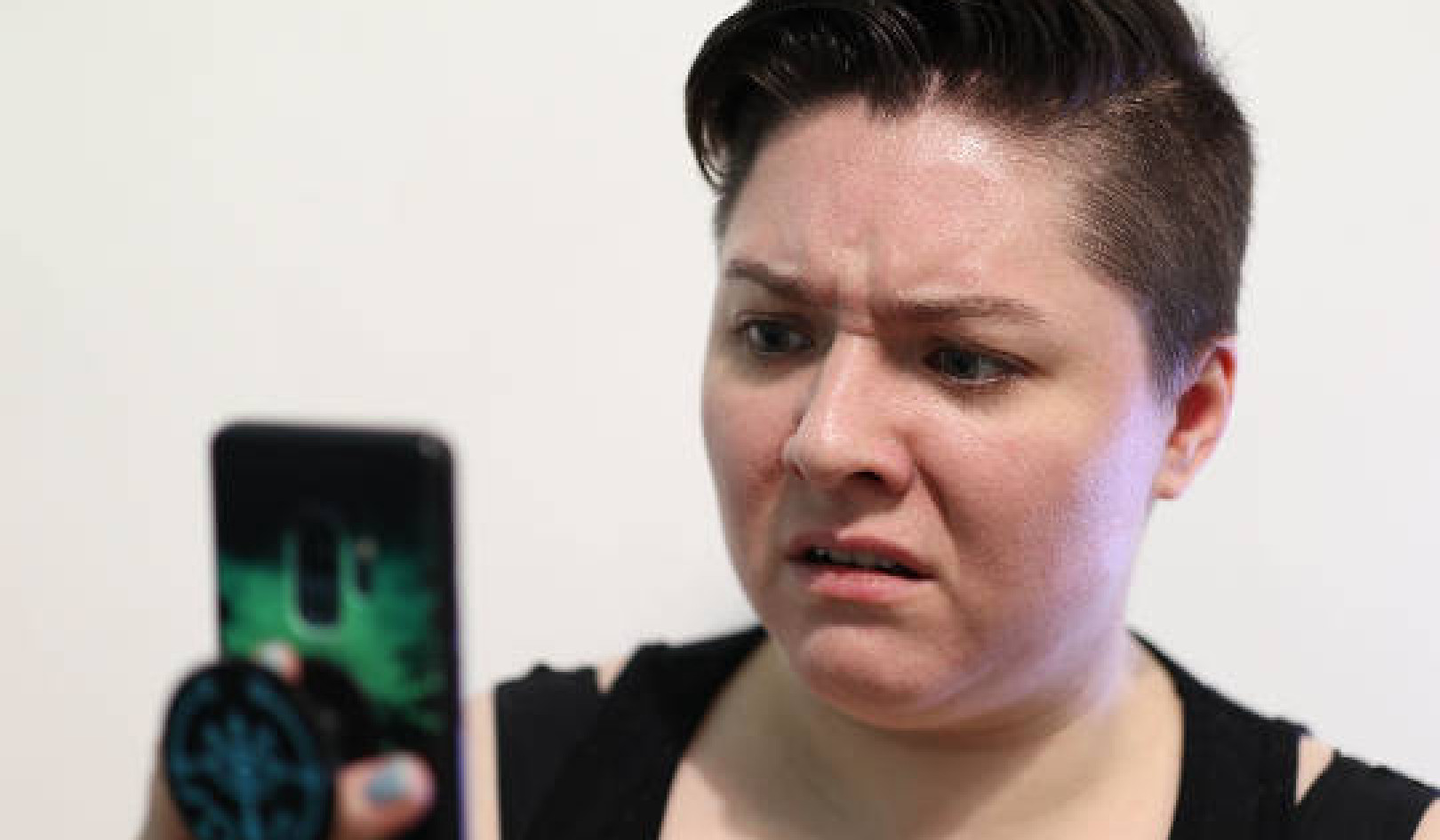
I know some remarkable people, even some who are considered great human beings, but I have never known anyone whose heart is open all the time. Even the Dalai Lama speaks of anger arising and of saying things that, much to his chagrin, can never be taken back.
Forgiveness of oneself and others is a means of staying present rather than lost in remorse over past unskillful moments. Forgiveness works miracles.
Forgiveness Meditation
Bring to mind a person with whom you feel distance.
And, just as an experiment in truth, invite this person whom you feel has done you wrong into your heart for a moment. Imagine his presence, see him standing there, and note closely what you feel in his proximity. What happens when you turn toward, instead of away from, that person with whom you have unfinished business?
Notice the feelings that come up and how they inhibit your ability to turn the tide: fear, judgment, guilt, anger. Let these feelings come and go.
Now, in your mind, face this person and tell him that you forgive him. “I forgive you for whatever you may have done in the past that caused me pain—through your words, through your actions, even through your thoughts. However you caused me pain, intentionally or unintentionally, I forgive you.”
Notice how just the heart speech of “I forgive you” to that person, even if it does not yet have much momentum, nonetheless softens the defenses, as it at least contemplates the possibility of forgiveness.
Forgiveness Makes Room for Yourself in Your Heart
How does it feel when you begin to forgive others so as to have more room for yourself in your heart?
Have mercy on yourself by having mercy on others. Forgive them. Allow them to be touched by the possibility of your forgiveness. Let them into your heart. Forgive them for the moments in which their hearts could not yet see. Have mercy on yourself—forgive them.
It’s so painful to put someone out of our heart. It deadens so many parts of us.
Forgive just as you wish to be forgiven. Forgive just as you perhaps wish someone who has put you out of her heart to let you back in. In your heart speech, you might say to her,
“I ask for your forgiveness for whatever I may have done that caused you pain, intentionally or unintentionally. Whatever I may have said or done that caused you pain, I ask that you forgive me.”
And, just as a continuation of this experiment in healing, allow yourself to be invited back into her heart and to feel her mercy. Allow yourself to be forgiven. Let yourself be touched by the possibility of her forgiveness. In your heart, send her gratitude and be open to her forgiveness.
Then, turning toward yourself in your heart, say, “I forgive you” to yourself. At first you might say this with a difficulty that defies the heart of mercy, but say it again: “I forgive you.”
What Happens When You Forgive Yourself?
 How long can you stand this self-judgment, this fear of yourself? What happens when you forgive yourself?
How long can you stand this self-judgment, this fear of yourself? What happens when you forgive yourself?
If your mind, in mercilessness, says that it’s self-indulgent to forgive oneself, recognize this unkind, unhealed mind that’s so angry and so pained.
Let it in. Breathe that forgiveness through the grief point directly into the touch point of the heart. Each breath draws forgiveness from the well of your deepest nature.
Turning toward yourself with forgiveness in your heart, call yourself by your own first name and say, “I forgive you” to yourself and feel your heart filling with mercy.
We are part of the plight and healing of all humankind. Just as we wish to be free, so do all beings.
Let your concern for others’ well-being radiate outward to all who also want only to be free from pain.
And in your heart-speech, say to those in your life, in your memory, “May you be free from suffering. May you be at peace.”
Let your mercy, let your forgiveness, and your heart’s sweet success at its willingness to be forgiven, fill the mind and the world with loving-kindness.
Let this sense of merciful connection with yourself keep expanding until the whole world floats like a bubble in the ocean of compassion that is your heart. Let your mercy, your forgiveness, your loving-kindness embrace this suffering planet.
And listen in your heart to the voice of innumerable hearts rising in chorus: “May all beings everywhere be free from suffering. May all beings be at peace.”
Forgive and Be Forgiven
Many people may notice they have taken the same person for both aspects of the forgiveness practice: forgiving someone and alternately asking him for forgiveness as well.
Stella, a pained example of conflicting feelings of resentment and duty, said of attending to her once-abusive dying father, “I didn’t do something for my dad that I should have when he was dying. I wasn’t there with him. I should have been there. He died alone.”
We are so conditioned to feel guilty that we are often loath to admit any anger toward the person we feel we have let down. We cannot expect the mind to be rational under such circumstances. Having hurt someone whom we feel hurt us, the vertigo of blame and shame spins out.
We try to bury what we consider an aberration, but the difficulty in forgiving oneself persists. Not realizing, odd as it sounds, that it is not until we forgive the other person that we will be able to forgive ourselves.
It may be that you have to forgive the person you most think you want forgiveness from. When you do that, you will then be able to turn openhearted toward yourself.
Learning to Keep Our Heart Open
Some days in a life of compassion and loving-kindness are gratefully dedicated to learning to keep our heart open.
Begin to direct feelings of care and kindness to loved ones and friends, and gradually expand that circle to include those you do not even know. Bring them to mind and direct toward them wishes for their wellbeing. Perhaps even using the traditional phrase, “May you be free from suffering, may you be at peace.”
See how expanding this concern for others makes more room in your heart for you as well. Calling yourself by your first name, say, “May I be free of difficulty, may I be at peace.”
MAY ALL BEINGS BE FREE OF THE HINDRANCES TO COMPASSION
MAY ALL BEINGS LISTEN WITH THE EAR OF MERCY
Reprinted with permission from Red Wheel/Weiser LLC.
©2013 by Stephen Levine. The book is available
wherever books are sold or directly from the publisher
at 1-800-423-7087 or www.redwheelweiser.com.
Article Source
Becoming Kuan Yin: The Evolution of Compassion
by Stephen Levine.
 In Becoming Kuan Yin, Stephen Levine turns to the legend of Kuan Yin, the Bodhistitva venerated by East Asian Buddhists for her compassion. He weaves together story and practice and helps readers discover their own infinite capacity for mercy and compassion under difficult circumstances.
In Becoming Kuan Yin, Stephen Levine turns to the legend of Kuan Yin, the Bodhistitva venerated by East Asian Buddhists for her compassion. He weaves together story and practice and helps readers discover their own infinite capacity for mercy and compassion under difficult circumstances.
Click here for more info and/or to order.
About the Author
 Stephen Levine is an American poet, author and teacher, who along with his wife and spiritual partner Ondrea Levine, is best known for his work on death and dying. He is one of a generation of pioneering teachers who, along with Jack Kornfield, Joseph Goldstein and Sharon Salzberg, have made the teachings of Theravada Buddhism more widely available to students in the West. He is the author of numerous books. Visit him at levinetalks.com
Stephen Levine is an American poet, author and teacher, who along with his wife and spiritual partner Ondrea Levine, is best known for his work on death and dying. He is one of a generation of pioneering teachers who, along with Jack Kornfield, Joseph Goldstein and Sharon Salzberg, have made the teachings of Theravada Buddhism more widely available to students in the West. He is the author of numerous books. Visit him at levinetalks.com
Watch a video with Ondrea and Stephen Levine: Why Releasing Negativity is Essential for Healing























